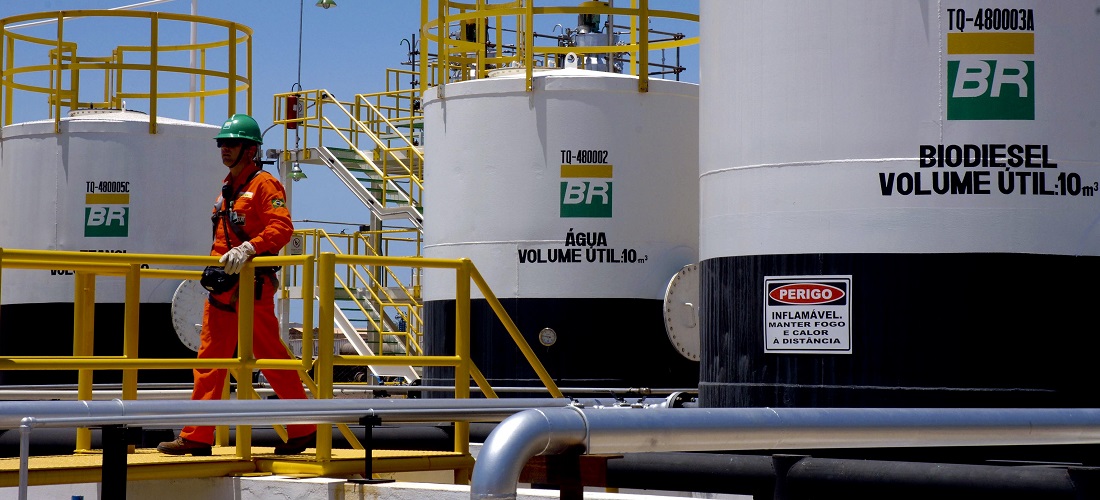
Petrobras’ New Pricing Policy Influences Economic and Logistical Landscape
May, 16, 2023 Posted by Gabriel MalheirosWeek 202323
On Tuesday (16), Petrobras announced a significant change in its pricing policy. The company will no longer use the import parity price policy (known as PPI) and will adopt a new commercial strategy for fuel price determination.
The state-owned company also took the opportunity to immediately adjust the prices of gasoline, diesel, and liquefied petroleum gas (LPG) sold in its distributors.
Starting tomorrow, May 17th, the price of diesel A at distributors will decrease from R$ 3.46 to R$ 3.02 per liter. This represents a reduction of R$ 0.44 or 12.71%. Likewise, the cost of gasoline A will be reduced by R$ 0.40 per liter (-12.57%) from R$ 3.18 to R$ 2.78.
Inflation
During a press conference this morning, the Minister of Mines and Energy, Alexandre Silveira, stated that Petrobras’ new pricing policy will help Brazil combat inflation. However, economists point out that it is still too early to determine the impact of the new pricing policy.
On the other hand, the recent price reductions will affect the Broad Consumer Price Index (IPCA) in the coming months.
According to calculations by economist André Braz from the Brazilian Institute of Economics at the Getulio Vargas Foundation (FGV Ibre), the decrease in gasoline and diesel prices will have an impact of approximately -0.27 percentage points on inflation in May and another -0.27pp in June.
It is worth noting that gasoline has a greater weight on the budget of Brazilian households. However, reductions in diesel prices tend to impact the prices of other products due to freight costs.
Considering that the Brazilian transportation matrix is dominated by road freight, any variation in diesel prices results in higher or lower costs. According to experts from the Federal Institute of Southeastern Minas Gerais, the cost of fuel consumption in road services is determined by factors such as distance traveled, consumption efficiency, and fuel prices. In the case of cargo transportation, which often covers long distances to reach shipping ports and passes through areas with limited support, costs can be even higher.
According to data from the National Transport Confederation (CNT), diesel accounts for approximately 35% of the operational cost of cargo transportation. It is the component that weighs the most in freight prices and therefore has the most significant impact on supply chains, directly affecting inflation control and internal logistics.
Understanding Petrobras’ new pricing policy
The new commercial strategy uses market references such as the alternative cost for customers, which is the value to be prioritized in pricing, and the marginal value for Petrobras.
“The alternative cost for customers considers the main supply alternatives, whether they are suppliers of the same products or substitutes,” says the company’s statement. “The marginal value for Petrobras is based on the opportunity cost given the various alternatives for the company, including production, import, and export of the said product and/or the petroleum used in refining.”
As a result, price adjustments will continue to be made without a defined periodicity, avoiding the passing on the situational volatility of international prices and exchange rates to domestic prices.
With information from Money Times and G1.
-
Grãos
Dec, 23, 2022
0
China’s soybean imports to recover, a boon to Brazil farmers
-
Shipping
Sep, 05, 2024
0
Maersk says impact from Red Sea attacks continues to intensify
-
Ports and Terminals
Oct, 04, 2022
0
‘BR do Mar:’ Brazilian port sector awaits regulation 6 months after law ratification
-
Ports and Terminals
Mar, 31, 2021
0
Cabedelo carries out pioneering petroleum coke export operation

